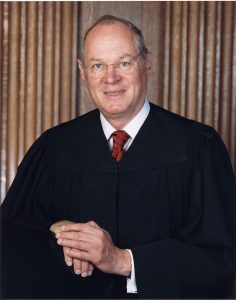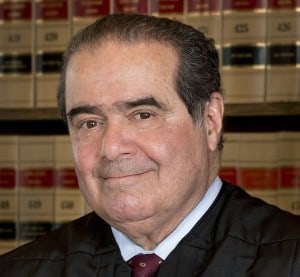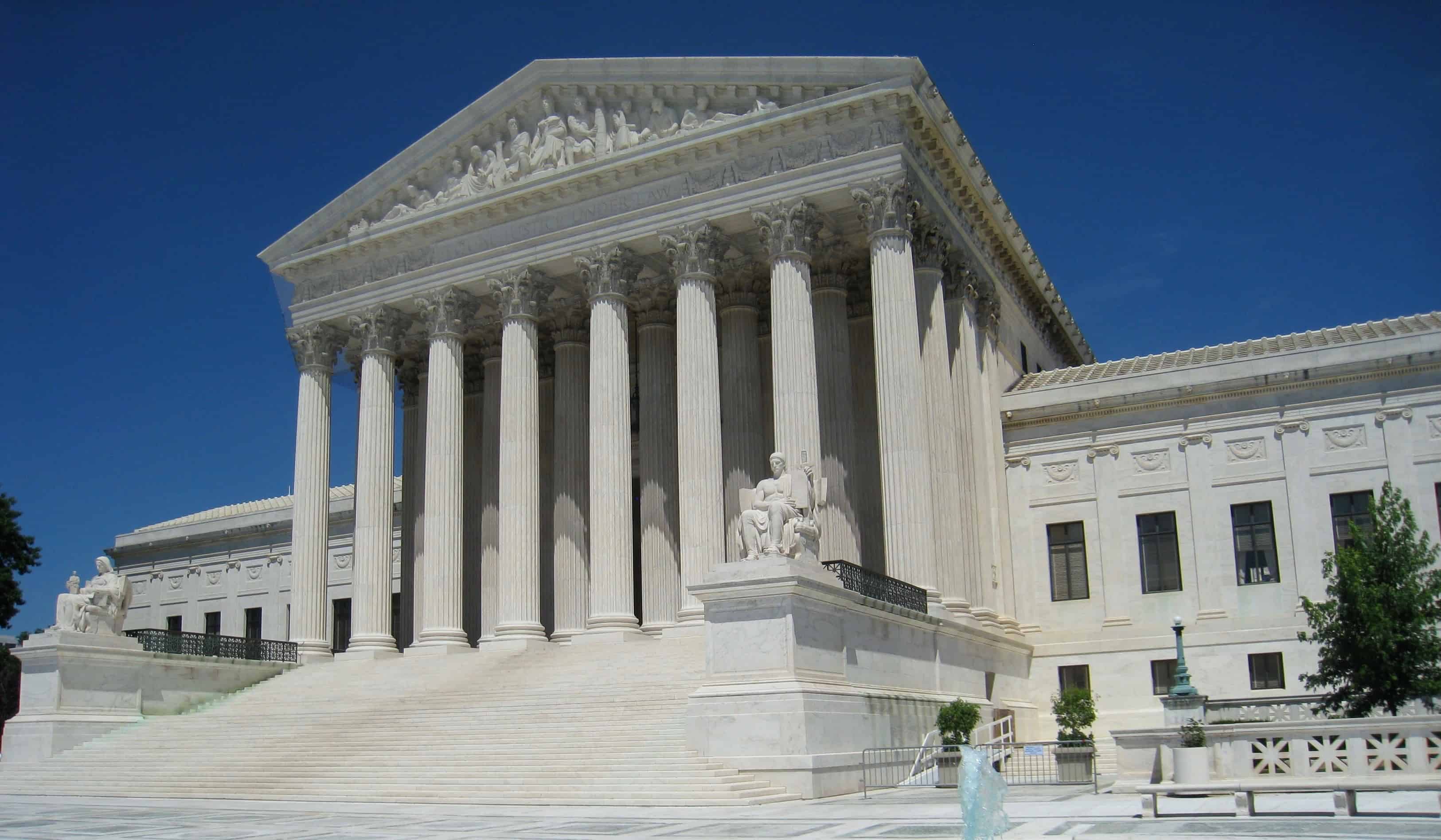Just how far does Obergefell depart from sound legal reasoning? Justice Scalia answered this question in his dissent.

Justice Anthony Kennedy began the majority opinion with these statements.
The Constitution promises liberty to all within its reach, a liberty that includes certain specific rights that allow persons, within a lawful realm, to define and express their identity. The petitioners in these cases seek to find that liberty by marrying someone of the same sex and having their marriages deemed lawful on the same terms and conditions as marriages between persons of the opposite sex.
Justice Scalia, in his dissent, responded directly to the first sentence, but also to the decision itself. He wrote,

If, even as the price to be paid for a fifth vote, I ever joined an opinion for the Court that began: “The Constitution promises liberty to all within its reach, a liberty that includes certain specific rights that allow persons, within a lawful realm, to define and express their identity,” I would hide my head in a bag.
The Supreme Court of the United States has descended from the disciplined legal reasoning of John Marshall and Joseph Story to the mystical aphorisms of the fortune cookie.
Scalia also declared,
The [majority] opinion is couched in a style that is as pretentious as its content is egotistic. It is one thing for separate concurring or dissenting opinions to contain extravagances, even silly extravagances, of thought and expression; it is something else for the official opinion of the Court to do so.
This page is part of a larger article.
Copyright © 2017 by B. Nathaniel Sullivan. All rights reserved.
